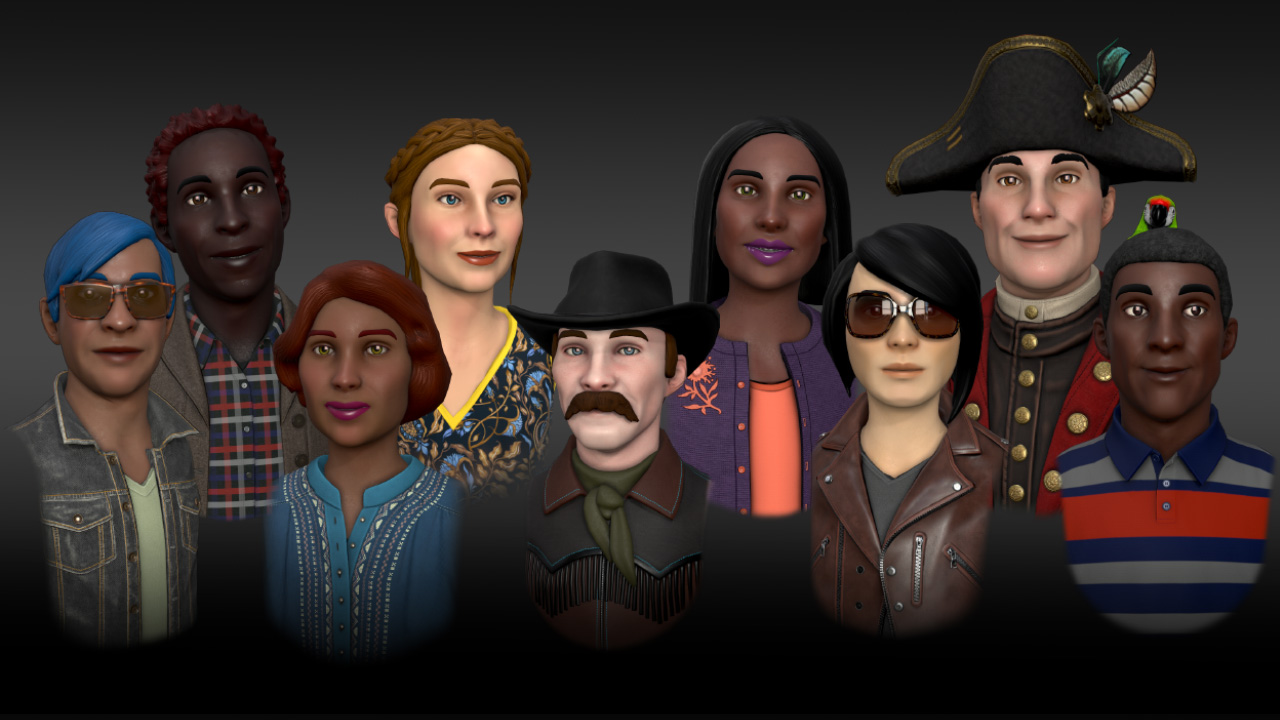Facebook has never hidden its desire to develop the social aspect of virtual reality and increase the interactions between its social network and its VR platform. Avatars are one of the keys to getting there.
While Oculus Avatars have been around since 2016 and allow you to represent you on the Oculus platform, many improvements have been added since then until a new update was released yesterday. In addition to being able to actually customize your avatar with hairstyles or accessories, more expressive characters can now represent you.
These new avatars, as well as new options, now simulate eye and mouth movements. The Oculus Quest and Rift headphones do not include sensors that let us know that some of the user’s facial expressions are, they are complex algorithms trying to reproduce them. Models that will make your avatar smile if the tone of your voice suggests so. The feature is certainly much less reliable than the HTC Vive Facial Tracker that directly mirrors the user’s facial movements.
Soon, these Oculus Avatars emojis will be supported by third-party games and apps like Poker Stars VR, Tribe XR DJ, or Epic Rollercoaster. Obviously, these avatars will be the focus of a future Facebook Horizon virtual world that was due out last year but is still in its closed beta phase.

“Certified gamer. Problem solver. Internet enthusiast. Twitter scholar. Infuriatingly humble alcohol geek. Tv guru.”





